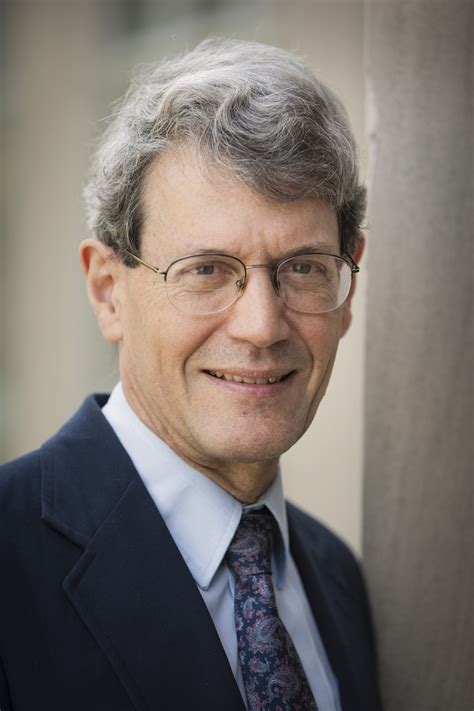A Quote by George Eliot
As to people saying a few idle words about us, we must not mind that, any more than the old church steeple minds the rooks cawing about it.
Related Quotes
What is the good of words if they aren't important enough to quarrel over? Why do we choose one word more than another if there isn't any difference between them? If you called a woman a chimpanzee instead of an angel, wouldn't there be a quarrel about a word? If you're not going to argue about words, what are you going to argue about? Are you going to convey your meaning to me by moving your ears? The Church and the heresies always used to fight about words, because they are the only thing worth fighting about.
No "natural" resource is more precious and to be used more wisely than time. These mortal moments matter more than we know. There are no idle hours; there are only idle people. In true righteousness there is serenity, but there is an array of reminders that the "sacred present" is packed with possibilities which are slipping by us, which are going away from us each moment.
We had a few calls saying election precincts had closed early. But it turned out that the callers were in the wrong places. Some people went to the old locations of a church, rather than the new one. We called the polling locations as well as the church pastor and they verified they were still open.
To the extent that sacrifices need to be made, shouldn't the people who've made out like bandits this past generation be first in line? The problem with getting out of the slump is that we need to spend more. It's not that somebody needs to spend less. We have idle workers who have the skills and the willingness to work. We have idle factories. Dealing with this is not about saying somebody needs to suffer. It's saying that we need to be prepared to open the taps.
People everywhere are about the same, but ... it did seem that in a small town, where evil is harder to accomplish, where opportunities for privacy are scarcer, that people can invent more of it in other people's names. Because that was all it required: that idea, that single idle word blown from mind to mind.
Sometimes differences arise partly from incomplete information. We are finite. And we should admit that there are cases of uncertainty. But often the differences become exacerbated because of sinful inclinations underneath the surface, which incline us to prefer our own ideas and not to submit to what is less comfortable. We must be cautious about accusing anyone else of sin. We don't know people's hearts. But we must also avoid being naïve about the subtlety of sin and the corrupting effects of sin on the mind - our own minds, not only the mind of the other fellow.





































